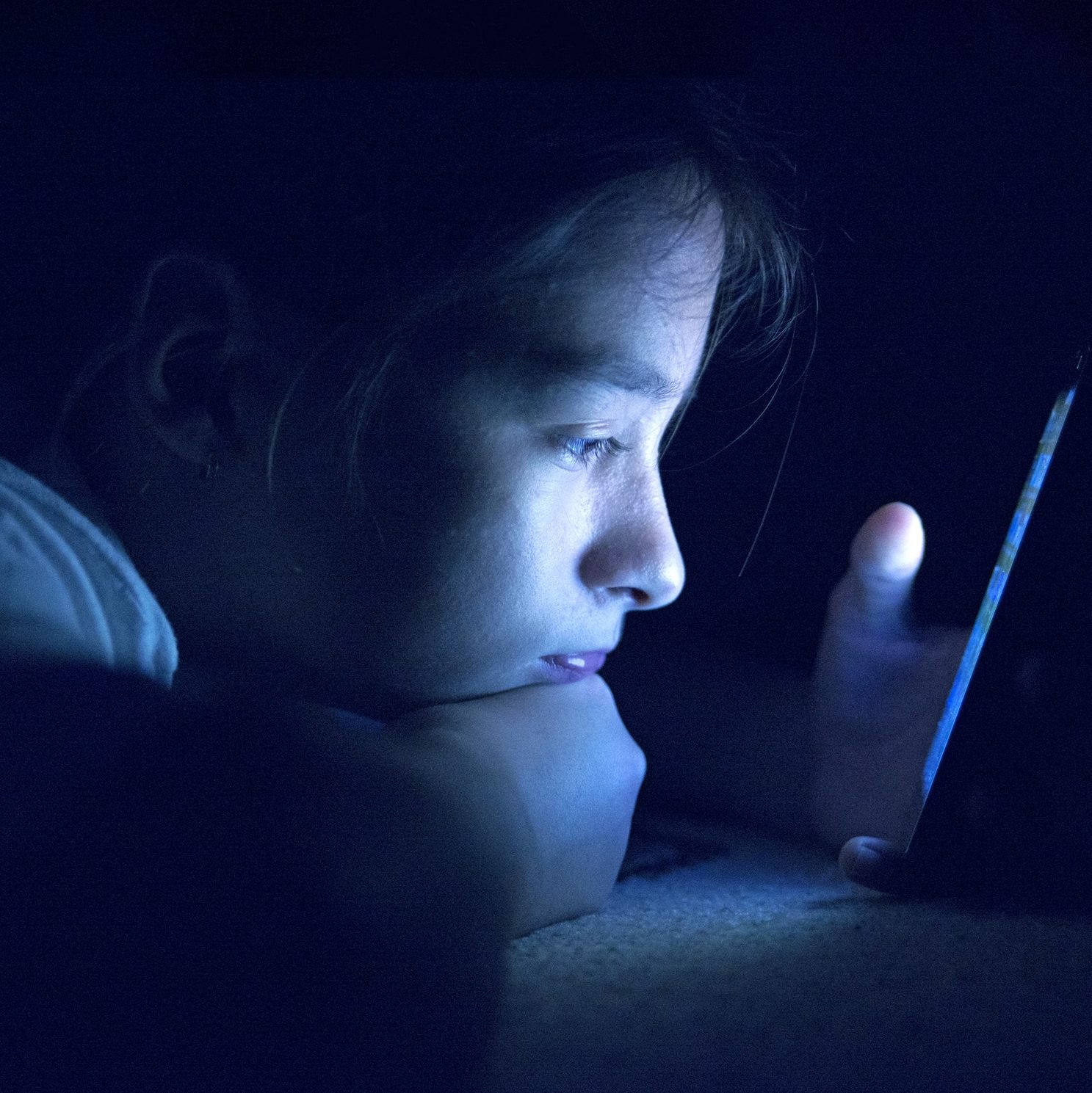Generation Z’s mental health is intricately linked to social media and screen time. Their exposure to digital platforms shapes their psychological well-being.
Exploring the ties between Generation Z’s mental health and their consumption of digital content has become a crucial area of concern. Excessive screen time is often associated with adverse mental health outcomes, including anxiety, depression, and sleep disturbances. Social media, while a platform for connection and self-expression, can also amplify feelings of inadequacy and social isolation among this young cohort.
This demographic’s reliance on virtual interaction heightens the need for understanding the balance between tech engagement and mental wellness. Rapid technological advancements and the omnipresence of social media in daily life demand a closer examination of its influence on Gen Z’s mental health. This introduction sets the stage for a deeper dive into the impact of screen time and social media on the psychological state of the youngest generation.
:max_bytes(150000):strip_icc()/Why-gen-z-is-more-open-to-talking-about-their-mental-health-5104730-V1-ff58b679936a49f9afa32ed871aad956.png)
Credit: www.verywellmind.com
The Impact Of Screen Time On Generation Z’s Mental Health
The digital age ushers in striking shifts in how Generation Z interacts with technology. Smartphones, tablets, and laptops are their gateways to social media, information, and entertainment. This constant connectivity translates to significant screen time, which raises concerns about its impact on their mental health.
The Rise Of Screen Time Among Generation Z
The influx of digital devices has led to an unprecedented surge in screen time for Generation Z. From educational purposes to social connections, screens have become a fixture of daily life. Statistics reflect a marked increase in hours spent online, suggesting a profound reliance on digital engagement.
- Online classes and homework contribute to screen use.
- Social media platforms are central to their digital experience.
- Entertainment, including streaming and gaming, adds to daily usage.
Understanding The Effects Of Excessive Screen Time
Excessive screen time can lead to various negative outcomes. Prolonged exposure to digital displays affects physical health, influencing factors like sleep patterns and eye strain. Mental health concerns such as anxiety and depression also surface, correlating with the hours spent online.
- Physical Health: Disrupted sleep, headaches, and poor posture.
- Social Skills: Reduced face-to-face interactions and communication skills.
- Attention Span: Shortened focus and increased distractibility.
The Link Between Screen Time And Mental Health Issues
Exploring the correlation between screen time and mental health issues is critical as potential risks emerge. Research indicates that excessive digital consumption correlates with decreased well-being. Notably, social media can amplify these effects, contributing to feelings of isolation and unhealthy comparison.
| Screen Time | Mental Health Concern |
|---|---|
| Social Media | Anxiety and Depression |
| Gaming | Addictive Behaviors |
| Video Streaming | Insufficient Sleep |

Credit: newsroom.spotify.com
Social Media And Its Influence On Generation Z’s Mental Well-being
Generation Z, born into a world where digital connections are the norm, faces unique challenges when navigating social media landscapes. Their well-being intertwines with the digital threads that shape their lives. Let’s unwrap the impact of social media on their mental health.
The Prevailing Presence Of Social Media In Generation Z’s Lives
For Generation Z, social media is not just an activity; it’s a significant part of their daily routine. It’s where friendships are forged, news is shared, and identities are shaped. This constant connectivity brings countless opportunities but also persistent pressure to stay engaged and updated.
The Potential Negative Effects Of Social Media On Mental Health
Despite its benefits, social media can sometimes be a double-edged sword. Excessive screen time and exposure to curated lives can lead to anxiety, depression, and loneliness. Comparing oneself to the seemingly perfect lives online can distort self-image and skew reality.
| Effect | Explanation |
|---|---|
| Anxiety | Fearing missing out or not matching up to peers |
| Depression | Feeling isolated or dissatisfied with one’s own life |
| Loneliness | Lacking meaningful, real-world connections |
Strategies To Promote Positive Social Media Habits For Generation Z
Through awareness and action, Gen Z can enjoy social media while protecting their mental health.
- Set Limits: Decide on a daily screen time budget.
- Curate Feeds: Follow accounts that inspire, not deflate.
- Mindful Usage: Engage with purpose, not out of habit.
- Real Connections: Balance online interactions with face-to-face communication.
Families and educators can also advocate for teaching digital literacy to empower youths with the tools they need to navigate social media wisely.

Credit: www.mckinsey.com
Frequently Asked Questions On Generation Z, Screen Time, Mental Health, Social Media
How Social Media Affects Mental Health In Gen Z?
Social media can negatively affect Gen Z’s mental health, contributing to anxiety, depression, and loneliness due to comparison and cyberbullying.
What Is Gen Z’s Attitude Towards Mental Health?
Gen Z generally approaches mental health with openness and prioritizes mental wellness, often advocating for destigmatization and seeking support through resources like social media.
How Social Media Affects Mental Health In Youth?
Social media can negatively impact youth mental health, leading to increased anxiety, depression, and poor self-esteem.
What Age Groups Mental Health Is Most Affected By Social Media?
Social media affects the mental health of adolescents and young adults, particularly those aged 14 to 24.
Conclusion
Navigating the intersection of Generation Z’s screen time and mental health is no simple task. Social media offers both connections and challenges, affecting well-being in complex ways. Our youth are forming identities in a digital age where balance is key.
Smart screen use and mental health literacy can empower Gen Z to thrive online and offline. Let’s support them in creating a healthy digital diet for their minds. Together, we can promote well-being in this connected era.

